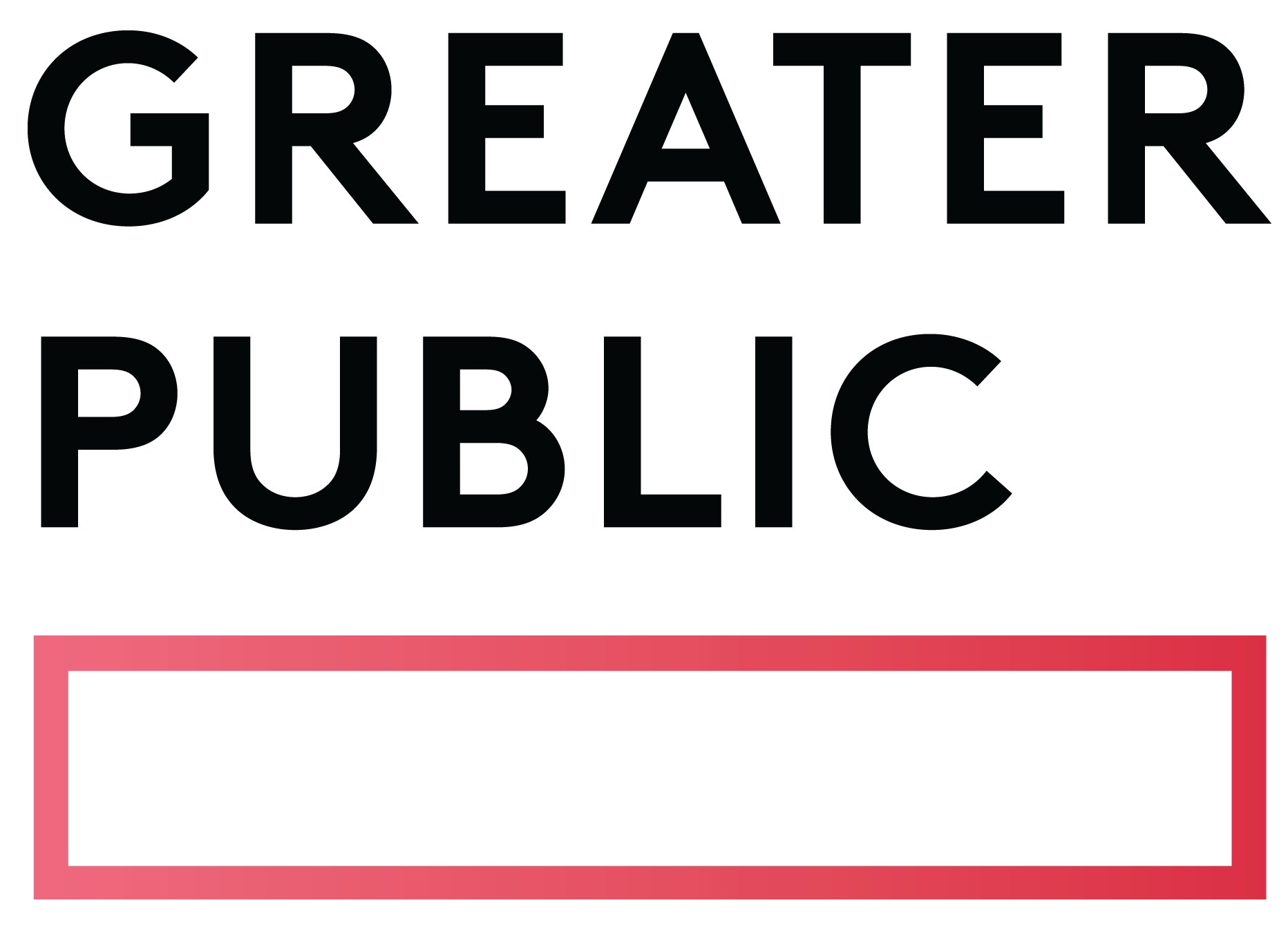If you work for a company or organization that isn’t transparent about pay, ask about their Pay Transparency Statement or Policy. They probably don’t have one, but if your employer believes in equity, they may be interested in crafting their own statement and policies.
Even if you don’t have any influence in a company or organization, you can still pressure companies to share this information whether or not they’re bound to state law. If you run a job board, newsletter, or any platform that allows employers to share job openings, encourage them to share this information. The Association of Independents in Radio (AIR) strongly encourages listings on our opportunity board to include a salary range or expected hourly rate. When an employer doesn’t include this information in a job listing on our opportunity board, the default statement “This employer has chosen to opt-out of payment transparency” is displayed in the compensation section to indicate that sharing this information is our standard and they are consciously choosing not to provide this information. However, we always require this information in any job listing that we feature in AIR’s weekly newsletter.
Publicly ask! If you’re part of any forums, email groups, or online communities where people are sharing job listings, be the first (or second or third) to ask them how much it pays, even if you’re not interested in applying. This models to others that it’s okay to ask and helps the group practice transparency.
Submit to AIR’s Pay Transparency Tracker! Let us know when you come across companies, organizations, or job listings that do and don’t share this information. We will publish the findings on our website and start having conversations with employers who aren’t being transparent.
Encourage federal legislation. Each state varies in what they require from employers. A federal bill would unify the requirements and make wage transparency a standard. You can contact members of Congress to let them know you support the Salary Transparency Act.
Share your rates with AIR to help inform our Rate Guides. As part of our 2024 strategic plan, AIR is updating our existing rate guides. The AIR Rate Guides are designed to support independent producers in setting fair and reasonable rates and help everyone create accurate and realistic budgets. The update will also include rates for those in full-time salaried positions and contracted daily/hourly rates. You can fill out the survey that makes the most sense to your pay structure.
The Association of Independents in Radio (AIR) is a vibrant network of audio industry professionals integral to public media, journalism, podcasting and narrative storytelling who come together to share resources and training. Join us today!








